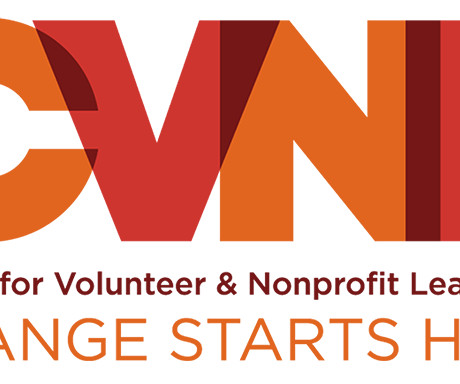Can Nonprofits Escape Corporate Capture?
NonProfit Quarterly
SEPTEMBER 10, 2024
Participating as panelists are Jule Hall of the Innocence Project, Alissa Quart of the Economic Hardship Reporting Project, and Amarah Sedreddine , general counsel at Sedreddine & Whoriskey. Nonprofits are a feature of tax law and corporate governance laws. AQ: Dean Spade, the lawyer who does trans law, he had a great point.












Let's personalize your content